law (Page 5)
Eyes on the road, and hands to yourself.
Suspect denies touching victim for sexual reasons because he was “actually” trying to rob someone else.
While the widespread presence of public toilets in convenience stores is great, it is also fraught with ambiguous customs and could, technically, even lead to criminal charges.
Warning: The story we are about to tell may not be suitable for the weak-stomached, but if you or someone you know is considering this type of procedure it would be wise to know the risks involved.
NHK’s reign of terror on the Japanese public continues in an unprecedented court victory over a man who engineered his television to refuse their service.
The case of what was arguably Japan’s weirdest political scandal finally comes to a close.
The Japanese government has passed a bill relaxing its decades old prohibition on dancing, but the new law may not be much better than the old one.
After 11,000 bike accidents last year, the Tokyo metropolitan government is considering new safety regulations.
After-dinner family sticker pictures will soon be A-OK in the eyes of the law.
A gaping loophole in Japan’s already grossly outdated law means any same-sex oriented part of the sex-industry can technically operate with total impunity.
Police couldn’t help but think something might be afoot upon hearing the man ask, “Is it a crime to date a 15-year-old?”
Organizations don’t want bare-all periodicals to have to hide under obscuring plastic covers.
Following his tear-drenched press conference and constant ear cupping, disgraced assemblyman Ryutaro Nonomura finally gets his day in court—and shocks the public yet again with a new trademark move.
Suit tossed out of Tokyo district court in rare win for idols’ romantic freedom.
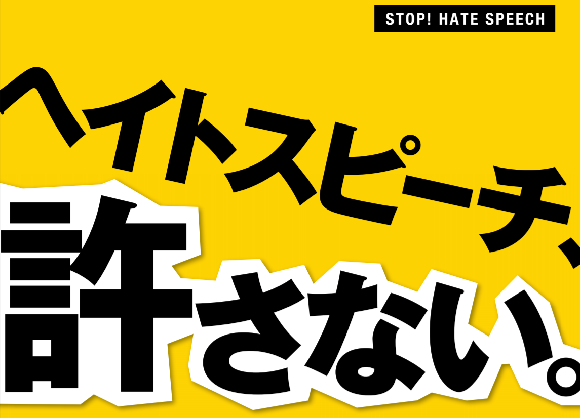
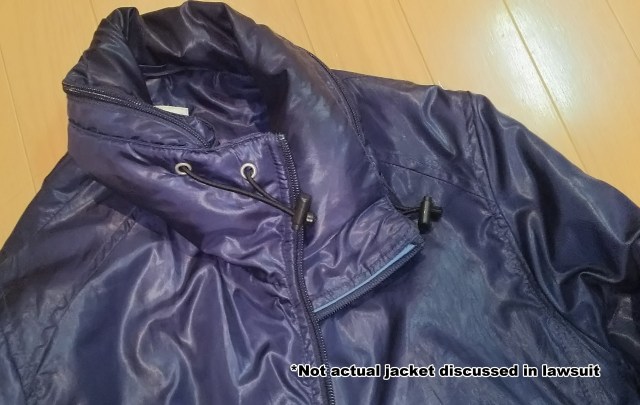

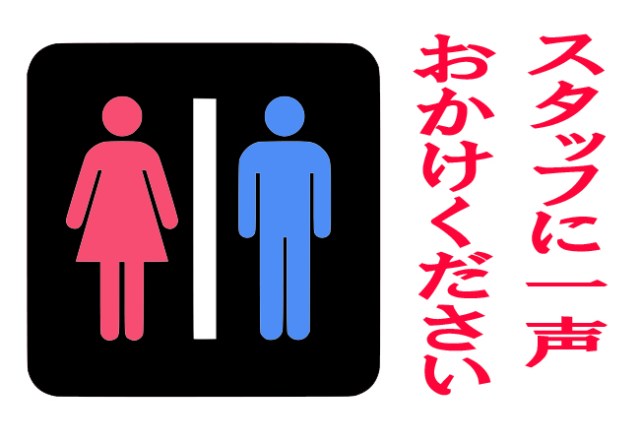

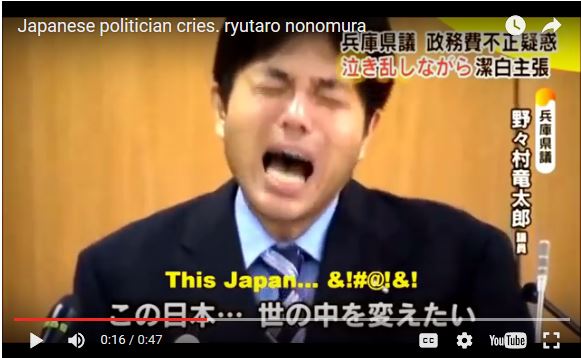
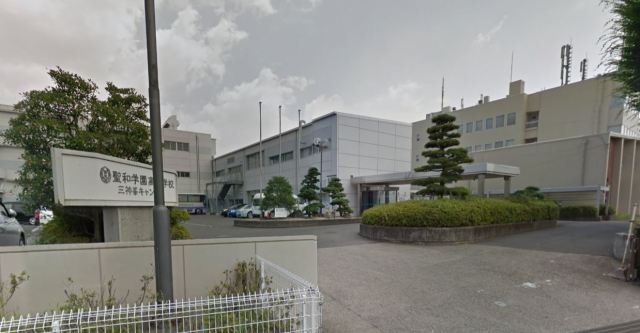
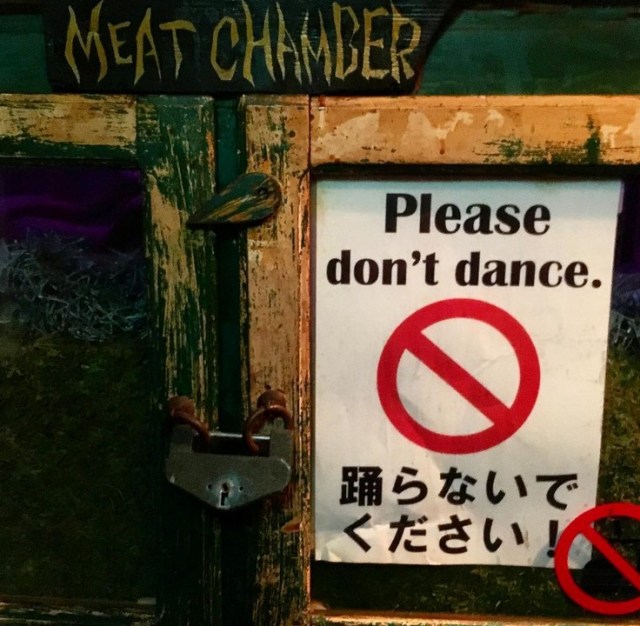
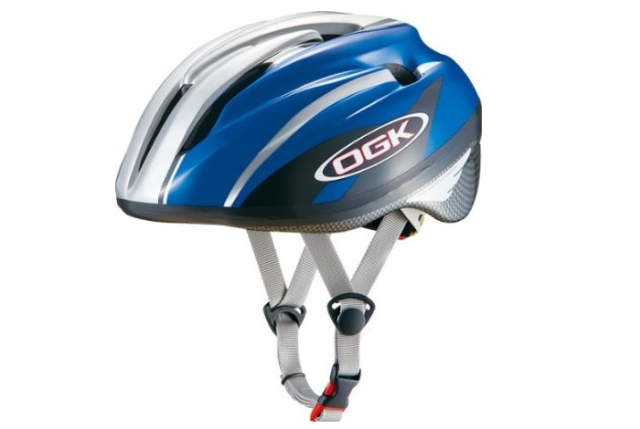
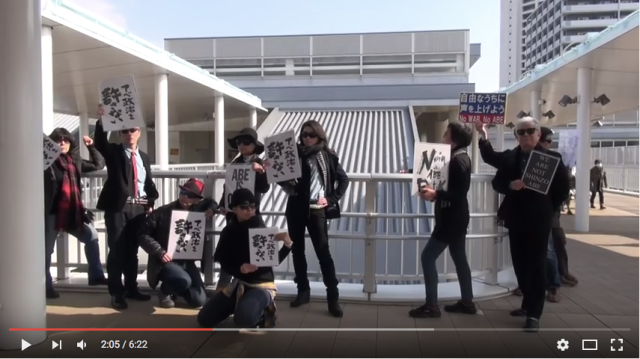

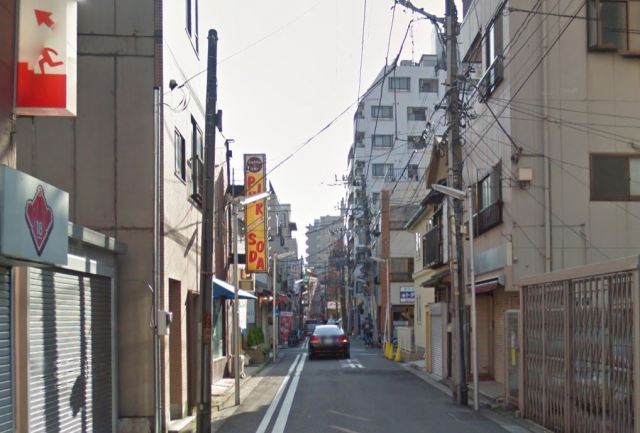
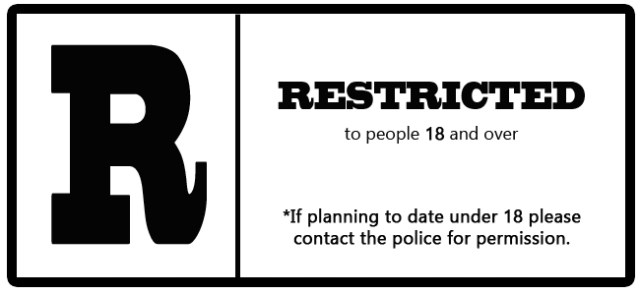


 Japan’s newest Shinkansen has no seats…or passengers [Video]
Japan’s newest Shinkansen has no seats…or passengers [Video] Foreigners accounting for over 80 percent of off-course skiers needing rescue in Japan’s Hokkaido
Foreigners accounting for over 80 percent of off-course skiers needing rescue in Japan’s Hokkaido Man arrested in Japan after leaving car in coin parking lot for six years, racking up three-million-yen bill
Man arrested in Japan after leaving car in coin parking lot for six years, racking up three-million-yen bill New Family Mart cinema opens inside Japanese airport
New Family Mart cinema opens inside Japanese airport 420 million yen in cash-filled suitcases stolen on Tokyo streets, incidents at Haneda and Hong Kong follow
420 million yen in cash-filled suitcases stolen on Tokyo streets, incidents at Haneda and Hong Kong follow Downloads of 39-year-old Guns N’ Roses song increase 12,166 percent thanks to Gundam
Downloads of 39-year-old Guns N’ Roses song increase 12,166 percent thanks to Gundam It’s naked time: An American’s first onsen experience 【Video】
It’s naked time: An American’s first onsen experience 【Video】 Man in Japan takes four parakeets hostage in attempt to force woman to meet with him
Man in Japan takes four parakeets hostage in attempt to force woman to meet with him Sephiroth in real life? How to unsheathe a massive 6.8-foot samurai sword
Sephiroth in real life? How to unsheathe a massive 6.8-foot samurai sword Neo Shinjuku Atsushi: New cyberpunk restaurant bar serves post-apocalyptic food in Tokyo
Neo Shinjuku Atsushi: New cyberpunk restaurant bar serves post-apocalyptic food in Tokyo Is China’s don’t-go-to-Japan warning affecting the lines at a popular Tokyo gyukatsu restaurant?
Is China’s don’t-go-to-Japan warning affecting the lines at a popular Tokyo gyukatsu restaurant? Three beautiful places to see Japan’s plum blossoms after starting your day in downtown Tokyo
Three beautiful places to see Japan’s plum blossoms after starting your day in downtown Tokyo A look back on 40 years of Japanese schools banning stuff
A look back on 40 years of Japanese schools banning stuff Take a trip to Japan’s Dododo Land, the most irritating place on Earth
Take a trip to Japan’s Dododo Land, the most irritating place on Earth Huge Evangelion Unit-01 head appearing in lights in Japan to celebrate anime’s 30th anniversary
Huge Evangelion Unit-01 head appearing in lights in Japan to celebrate anime’s 30th anniversary Starbucks Japan releases new drinkware and goods for Valentine’s Day
Starbucks Japan releases new drinkware and goods for Valentine’s Day Japan releases first official sakura cherry blossom forecast for 2026
Japan releases first official sakura cherry blossom forecast for 2026 Archfiend Hello Kitty appears as Sanrio launches new team-up with Yu-Gi-Oh【Pics】
Archfiend Hello Kitty appears as Sanrio launches new team-up with Yu-Gi-Oh【Pics】 China’s don’t-go-to-Japan warning looks to be affecting tourist crowds on Miyajima
China’s don’t-go-to-Japan warning looks to be affecting tourist crowds on Miyajima Studio Ghibli releases new “komorebi” plush toys from Princess Mononoke and Spirited Away
Studio Ghibli releases new “komorebi” plush toys from Princess Mononoke and Spirited Away Yokai are descending upon Tokyo this spring in the latest immersive art experience
Yokai are descending upon Tokyo this spring in the latest immersive art experience Japan’s Naruto theme park now offering real-world version of Minato’s kunai ninja weapon
Japan’s Naruto theme park now offering real-world version of Minato’s kunai ninja weapon New Studio Ghibli stamps leave an impression on your stationery…and your heart
New Studio Ghibli stamps leave an impression on your stationery…and your heart Survey asks foreign tourists what bothered them in Japan, more than half gave same answer
Survey asks foreign tourists what bothered them in Japan, more than half gave same answer Japan’s human washing machines will go on sale to general public, demos to be held in Tokyo
Japan’s human washing machines will go on sale to general public, demos to be held in Tokyo We deeply regret going into this tunnel on our walk in the mountains of Japan
We deeply regret going into this tunnel on our walk in the mountains of Japan Studio Ghibli releases Kodama forest spirits from Princess Mononoke to light up your home
Studio Ghibli releases Kodama forest spirits from Princess Mononoke to light up your home Major Japanese hotel chain says reservations via overseas booking sites may not be valid
Major Japanese hotel chain says reservations via overseas booking sites may not be valid Put sesame oil in your coffee? Japanese maker says it’s the best way to start your day【Taste test】
Put sesame oil in your coffee? Japanese maker says it’s the best way to start your day【Taste test】 No more using real katana for tourism activities, Japan’s National Police Agency says
No more using real katana for tourism activities, Japan’s National Police Agency says Starbucks Japan reveals new sakura drinkware collection, inspired by evening cherry blossoms
Starbucks Japan reveals new sakura drinkware collection, inspired by evening cherry blossoms Updated cherry blossom forecast shows extra-long sakura season for Japan this year
Updated cherry blossom forecast shows extra-long sakura season for Japan this year Downloads of 39-year-old Guns N’ Roses song increase 12,166 percent thanks to Gundam
Downloads of 39-year-old Guns N’ Roses song increase 12,166 percent thanks to Gundam It’s naked time: An American’s first onsen experience 【Video】
It’s naked time: An American’s first onsen experience 【Video】 Man in Japan takes four parakeets hostage in attempt to force woman to meet with him
Man in Japan takes four parakeets hostage in attempt to force woman to meet with him Sephiroth in real life? How to unsheathe a massive 6.8-foot samurai sword
Sephiroth in real life? How to unsheathe a massive 6.8-foot samurai sword Neo Shinjuku Atsushi: New cyberpunk restaurant bar serves post-apocalyptic food in Tokyo
Neo Shinjuku Atsushi: New cyberpunk restaurant bar serves post-apocalyptic food in Tokyo This gachapon capsule machine dispenses real Akoya pearls, with certificates of authenticity
This gachapon capsule machine dispenses real Akoya pearls, with certificates of authenticity Typhoon destroys real Ghost of Tsushima island shrine torii gate, crowdfunding campaign launched
Typhoon destroys real Ghost of Tsushima island shrine torii gate, crowdfunding campaign launched McDonald’s Japan hack: What happens when you put an apple pie inside a Big Mac?
McDonald’s Japan hack: What happens when you put an apple pie inside a Big Mac? 13 surprising Japanese translations of American movie titles
13 surprising Japanese translations of American movie titles Japan cherry blossom forecast update moves up sakura dates for many parts of the country
Japan cherry blossom forecast update moves up sakura dates for many parts of the country Kyoto planning surprise late-night inspections of Airbnb-style rentals to fight overtourism
Kyoto planning surprise late-night inspections of Airbnb-style rentals to fight overtourism Sanrio Character Ranking results: Cinnamaroll’s five-year streak broken, poll still goes to dogs
Sanrio Character Ranking results: Cinnamaroll’s five-year streak broken, poll still goes to dogs Trouble making friends? Sticker collecting works surprisingly well
Trouble making friends? Sticker collecting works surprisingly well